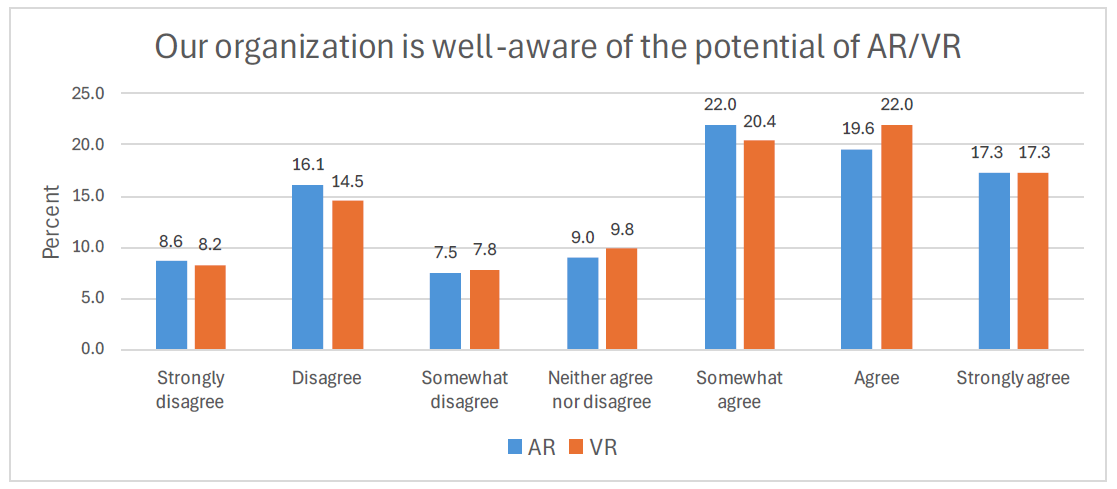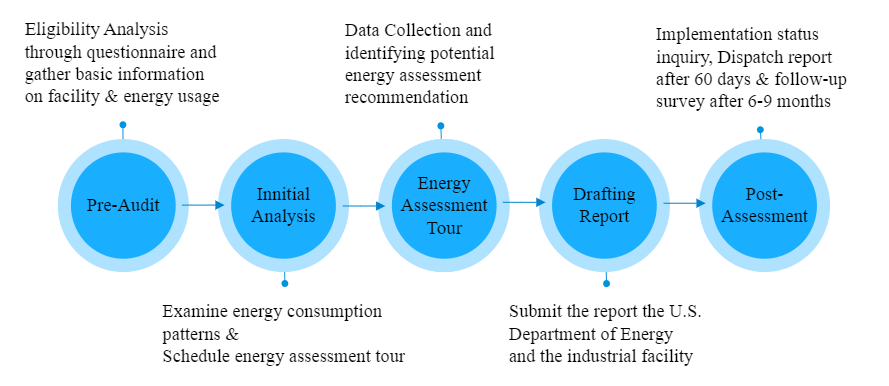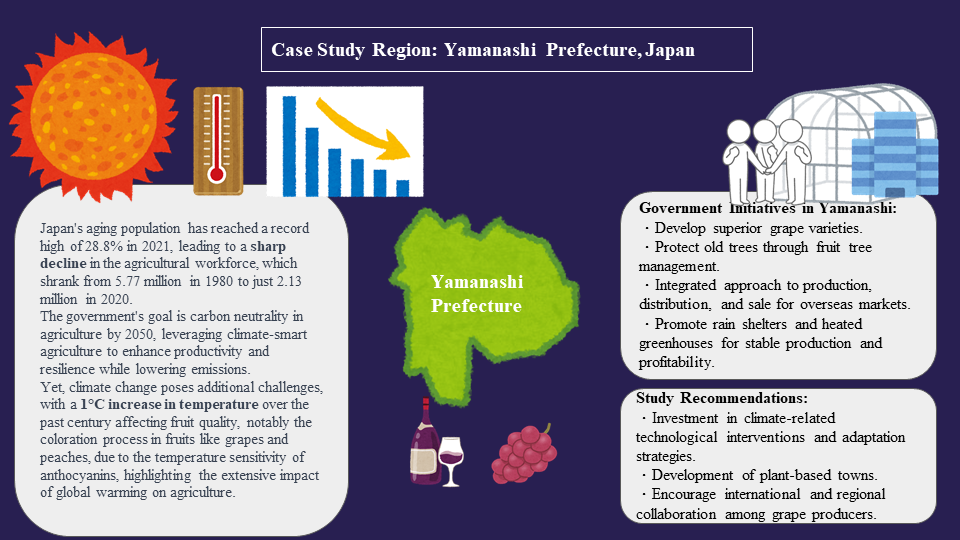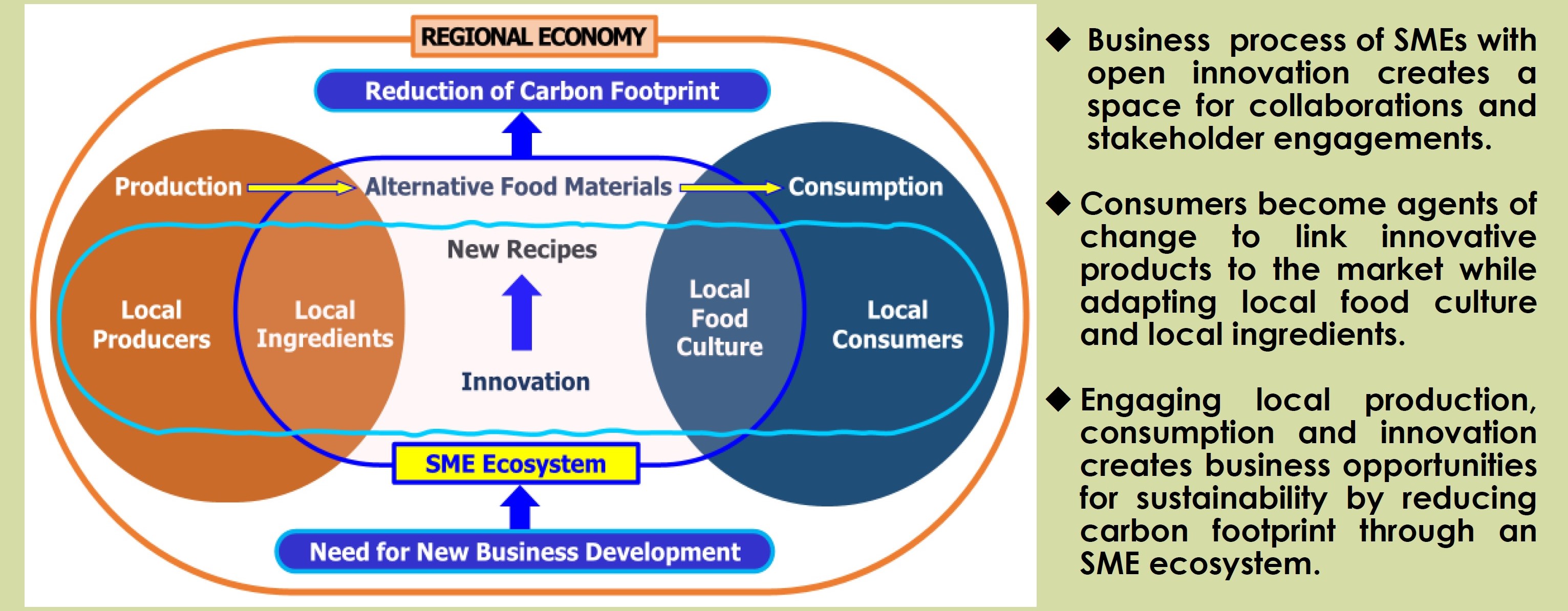Found 4 results
Article
28 August 2024Overcoming SME Legal and Regulatory Challenges and Fostering Sustainable Collaboration and 7PS Engineering in the Digital Age through Integrating the X.0 Wave Theory & SME 5.0 Concept
Technological innovations, education, business and society change quickly and often unpredictably. The fusion of artificial intelligence (AI), machine learning, augmented reality (AR), virtual reality (VR) and augmented reality (XR) opens a new era in which work, production, communication and thought processes are massively transformed. In this context, the challenge arises: How can small and medium-sized enterprises (SMEs) adapt to this accelerated change? This study highlights a path forward and introduces the concept of “SME 5.0” or “Hybrid SME” or “SME of Tomorrow” as a comprehensive solution to address the complexities of the digital age. In this integrated exploration of the X.0 Wave Theory and SME 5.0 Concept, the framework for human civilization’s evolution and technological shifts converges with a practical roadmap for small and medium-sized enterprises (SMEs) navigating the dynamic digital landscape. Acknowledging transformative waves in technology, economics, and societal structures within the X.0 Wave Theory, the study accentuates the ongoing nature of these shifts. It advocates for a long-term perspective, urging policymakers and industry leaders to consider potential future scenarios to devise strategies fostering innovation, competitiveness, and privacy safeguards. Simultaneously, the study introduces SME 5.0 as a holistic solution for SMEs, aligning with the transformative success envisioned by the X.0 Wave Theory. Proposing the Seven Pillars of Sustainability (7PS) framework tailored to SMEs, the concept emphasizes digitalization and sustainable technology. The title, “Harmonizing the X.0 Wave Theory and SME 5.0 Concept”, encapsulates the synergy between theoretical underpinnings and practical solutions. The subtitle, “Fostering Sustainable Collaboration, 7PS Engineering, and Overcoming Legal Challenges in the Digital Age”, provides a glimpse into the study’s focus on practical implications, sustainability, engineering, and legal considerations for SMEs in the rapidly evolving digital era.

Article
01 April 2024Cost Effectiveness of the Industrial Internet of Things Adoption in the U.S. Manufacturing SMEs
This research paper explores the financial adoption challenges of the Industrial Internet of Things (IIoT) in industry. Previous studies have mainly concentrated on designing affordable IIoT devices, reducing operational costs, and creating conceptual frameworks to assess the financial impact of IIoT adoption. The objective of this paper is to investigate whether IIoT adoption’s financial benefits outweigh the initial costs in small and medium-sized enterprises (SMEs). The data from the Industrial Assessment Centers (IAC) database were analyzed, focusing on 62 U.S. manufacturing SMEs across 10 states and 25 Standard Industrial Classifications (SICs), evaluating projected IIoT implementation costs and anticipated cost savings. Results from the analyses reveal that statistically, the difference between implementation costs and savings is significant at a 95% confidence level. Practically, this indicates that SMEs, despite facing high initial costs, can expect these investments to be counterbalanced by substantial savings. From an engineering perspective, this finding raises awareness among SMEs that, beyond overcoming financial barriers, IIoT technologies serve as a strategic enhancement to operational efficiency and competitive positioning. This study acknowledges the limitations including reliance on estimated projections and a narrow industry focus. Future research should broaden the sample and explore the lifecycle costs of IIoT.

Article
09 January 2024Climate Change Adaptation Strategies for Grape Cultivation in Yamanashi Prefecture of Japan
Climate change impacts agricultural production, especially fruits. Amongst fruits, the grape is economically valuable and highly affected by climate change. Therefore, climate adaptation strategies are essential in overcoming the detrimental effects of climate change on grape cultivation. The study summarises adaptation strategies for grape cultivation in general and focuses on climate change. The Yamanashi prefecture in Japan is taken for the case study. Our findings indicate a decline in grape production in Japan and Yamanashi prefecture. This is attributed to the effects of climate change. Following this, various support measures (adaptative, mitigation, others) provided by the Yamanashi government towards grape cultivation are summarised and analyzed. The study concludes by offering recommendations by drawing lessons from the literature review on adaptation strategies for grape cultivation, focusing on overcoming climate change impact in the context of Yamanashi prefecture.

Article
15 November 2023Local Production, Consumption, and Innovation: Enhancing Sustainability through SMEs in Japan
The study focuses on the process of business development with the use of food tech and open innovation by Small and Medium-sized Enterprises (SMEs) in Japan to create a sustainable ecosystem in the regional economy. Production of alternative food materials is introduced in the new business of SMEs with the hope to reduce carbon footprint. SMEs need to create an SME ecosystem that integrates consumers as vital partners in the process of introducing new alternative food items to the market as agents of change. Innovative ways of inventing new food products involve the processes of sourcing ingredients, creating new recipes for alternative food products, and incorporating local food culture and methods of food preparation. Therefore, it is crucial for SMEs to involve local producers as well as consumers as stakeholders in innovation. Some case examples of SMEs producing plant-based alternative meats in Japan are reviewed in this study to highlight key factors impacting the outcome of innovation in the products and processes of SMEs seeking sustainable solutions. The significance of the study lies in acknowledging catalytic roles of SMEs in regional settings and interactive roles of consumers as product buyers as well as active players who consciously opt for certain products and modes of consumption driven by their inclination to support sustainability. Based on the findings of the study, some policy suggestions are also made for enhancing sustainability and revitalizing the local economy through SMEs.
